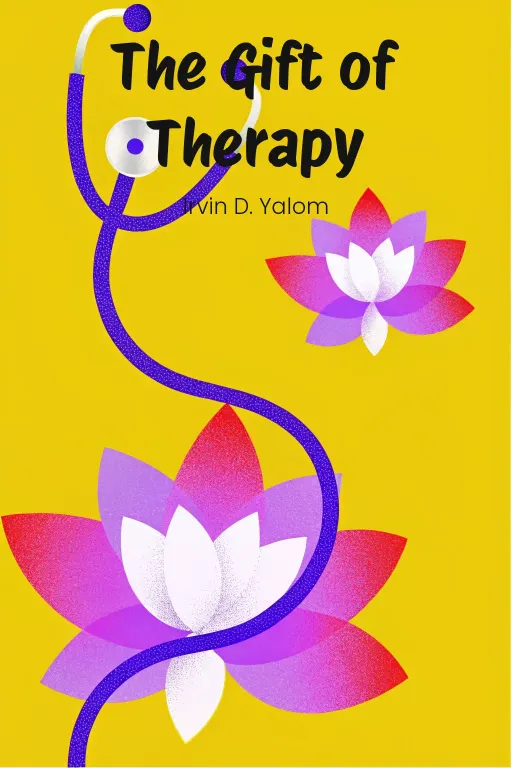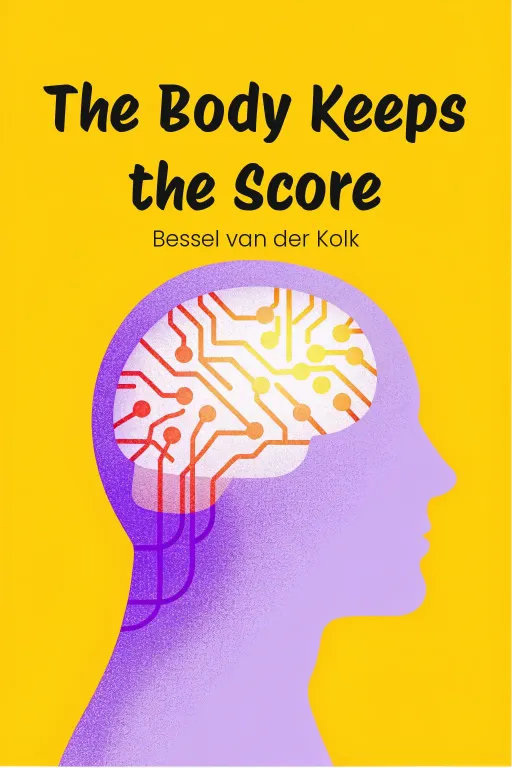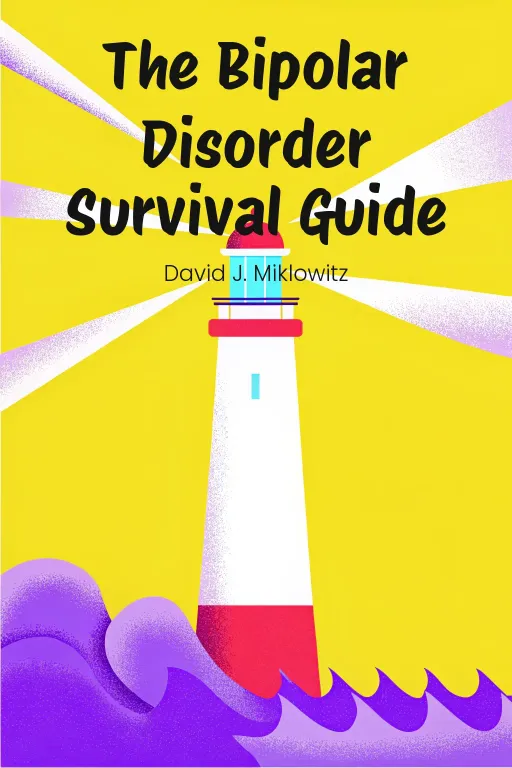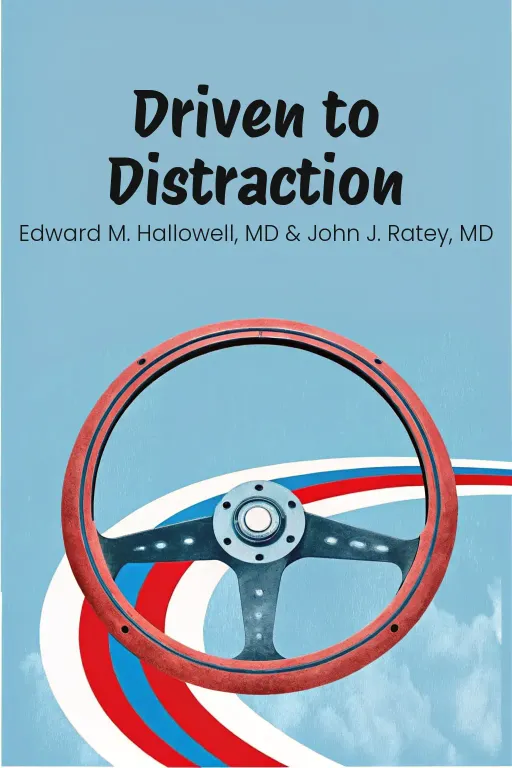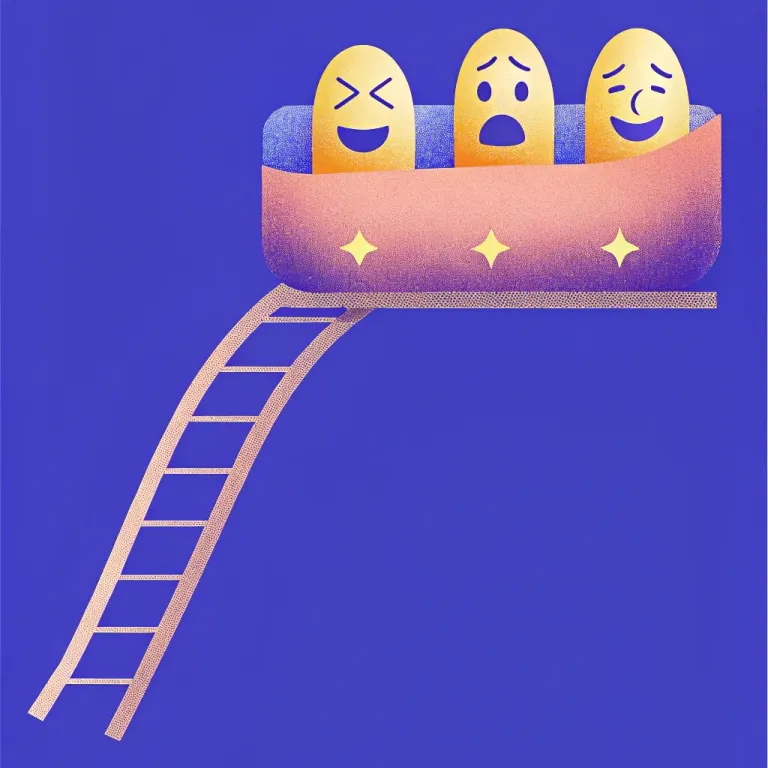
Mood Rollercoaster? Find Your Rails
Podcast by Five Percent Happier with Autumn
What You and Your Family Need to Know
Mood Rollercoaster? Find Your Rails
Autumn: Today we're exploring "The Bipolar Disorder Survival Guide," a roadmap for navigating the unpredictable terrain of extreme mood swings, whether you're living with it or supporting someone who is. Autumn: Feel like your emotions are on a terrifying rollercoaster? Bipolar disorder isn't just moodiness; it's extreme swings from feeling invincible, needing little sleep, to crushing despair where getting out of bed feels impossible. This volatility disrupts work – imagine trying to meet deadlines when your energy vanishes – strains relationships, and makes life feel exhausting and unpredictable. It blurs the line between personality and illness, leaving everyone confused about what's happening and how to manage the chaos impacting everyday stability and connection. Autumn: So, how do you find stability? The crucial first step is understanding this is a biological condition, not a character flaw. This shifts focus from blame to management. An effective approach layers treatments. Yes, medication like mood stabilizers often provides a biochemical foundation, though finding the right combination takes patience – it's a tool to help you be more yourself, not less. But medication isn't the whole picture. Therapy helps build coping skills, and crucially, stabilizes daily routines. Think of your brain craving predictability. Consistent sleep schedules, regular meals, planned social interaction – these aren't just 'good advice'; they stabilize your biological rhythms. How can you spot trouble early? By developing a personal early warning system. Tracking daily routines, sleep, and social interaction – maybe using a Social Rhythm Metric – helps identify triggers before moods spiral. Noticed how poor sleep affects your mood? For someone with bipolar, it can trigger an episode. This awareness allows you to use pre-agreed 'relapse drills' or crisis plans with your support network – like a fire escape plan for your brain when warning signs appear. Your support network itself is vital, providing non-judgmental backup. Autumn: Your takeaway? Start tracking. For one week, note sleep times, meals, social interactions, and rate your mood 1-10. What patterns emerge? This small step towards understanding your rhythms is your first taste of empowerment, creating predictability in a chaotic world. Give it a try, and find that five percent happier.




